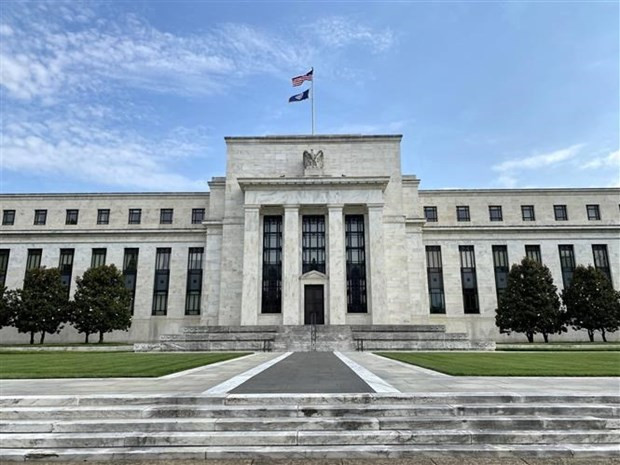While the Fed is unlikely to raise rates this month, experts from Bank of America and Deutsche Bank are less certain that the Fed will end its rate-hiking cycle.

The US Federal Reserve (Fed) is expected to keep interest rates at a 22-year high at the end of its meeting on November 1 (local time) to curb inflation without harming the economy.
Goldman Sachs' chief US economist David Mericle said the bank understood recent comments from Fed officials to suggest that most of them did not want to continue raising interest rates, as Goldman Sachs predicted.
While the Fed is unlikely to raise rates this month, analysts, including those at Bank of America and Deutsche Bank, are less certain that the Fed will end its rate-hiking cycle.
Futures traders see a more than 98% chance of the Fed keeping rates unchanged this month, according to data from CME Group.
The Fed raised interest rates aggressively for much of last year, raising them to a range of 5.25-5.5% in hopes of bringing inflation back to its long-term target of 2%.
Since peaking at more than 7% last June, inflation as measured by the Fed's preferred gauge of personal consumption expenditures (PCE) has more than halved, though it remains anchored above 3%.
Many experts predicted that the US economy could fall into recession this year due to the rapid pace of interest rate hikes. However, the world's largest economy has been surprisingly strong, thereby reinforcing the speculation of a "soft landing" as the Fed is controlling inflation without harming the economy.
Despite a recent spate of strong economic data, a sharp rise in long-term government bond yields has made the Fed's rate decision easier.
While the Fed's key short-term interest rate primarily affects commercial banks' interest rates, government bond yields determine "everything from mortgage rates to corporate and municipal bond yields," said Diane Swonk, chief economist at KPMG.
For many experts, such as David Mericle of Goldman Sachs, the rapid rise in the yield on the 10-year US government bond plays the biggest role in shaping the decision that the Fed may make to keep interest rates unchanged on November 1.
In the same view, Citi bank experts said that the Federal Open Market Committee (FOMC) - the Fed's policy-making body - seems to be in consensus that the recent tightening of financial conditions due to rising long-term government bond yields has made it unnecessary for the Fed to raise interest rates further.
At their most recent meeting, Fed policymakers predicted at least one more rate hike this year but they toned down the likelihood of a rate hike in the coming weeks.
Philadelphia Fed President Patrick Harker believes the Fed “is at a point where we can keep rates on hold”./.
According to VNA